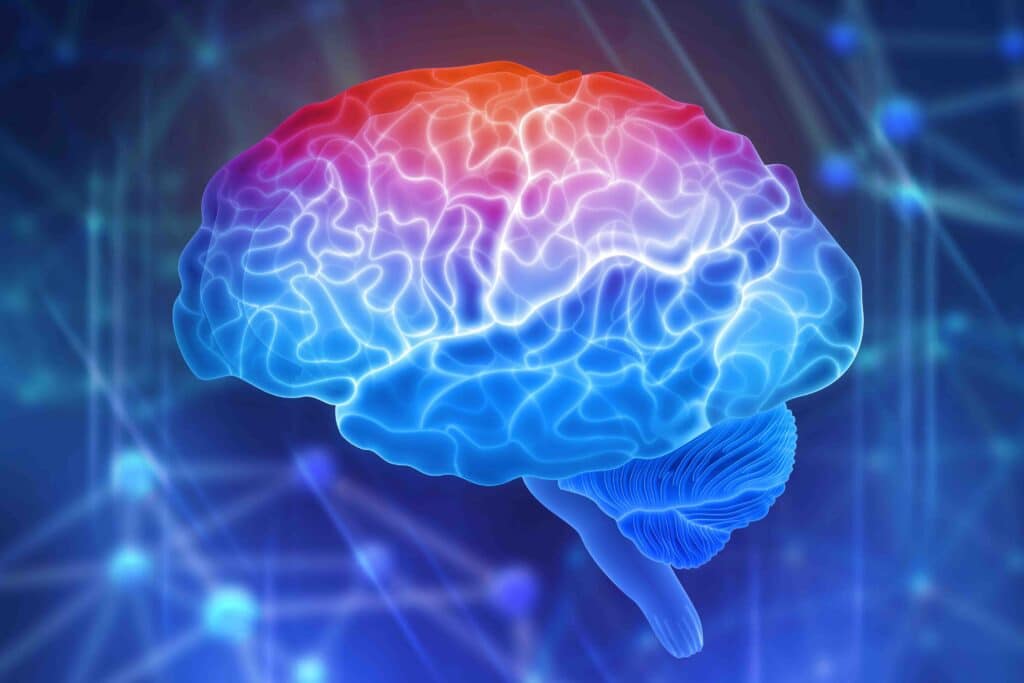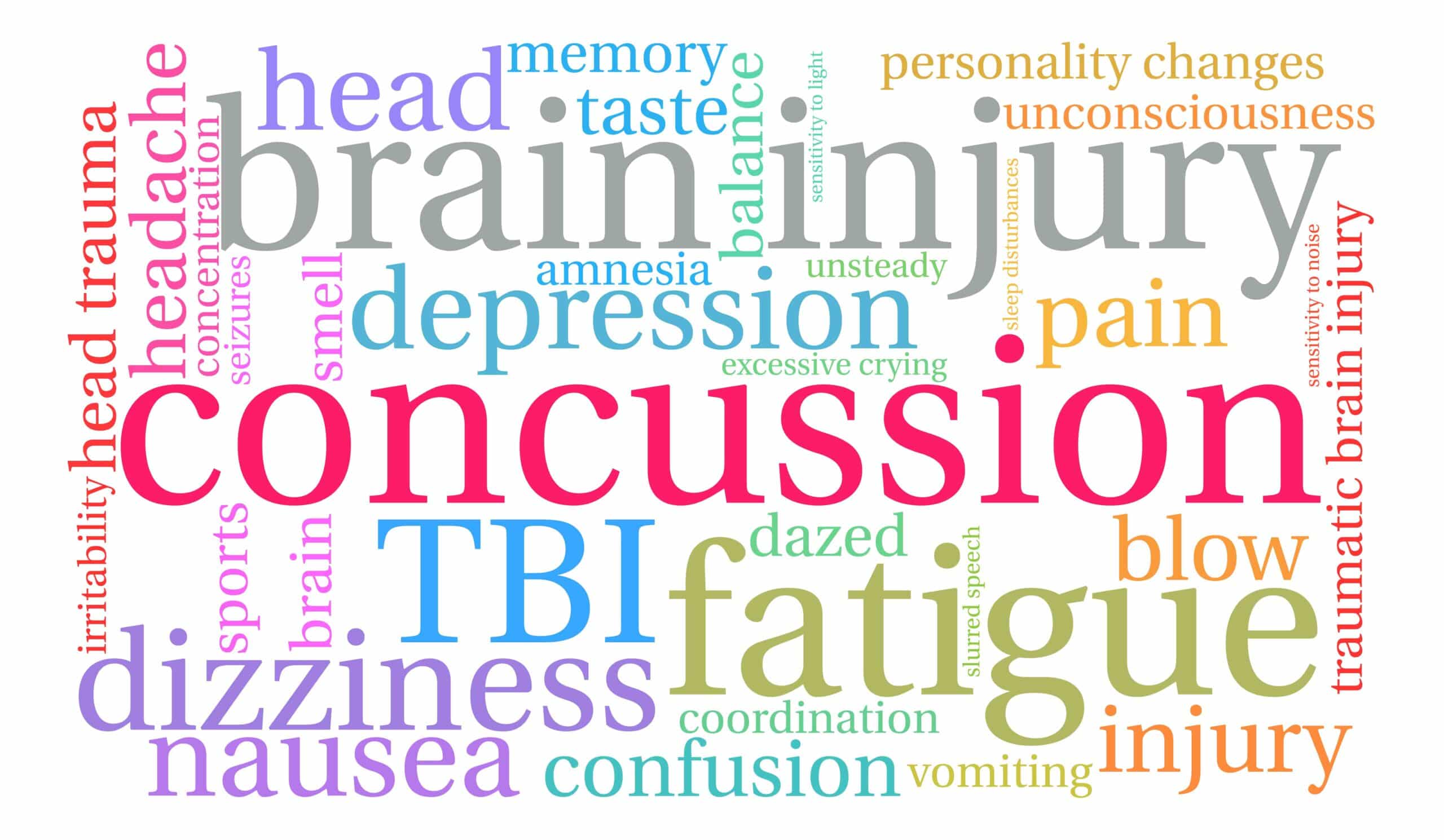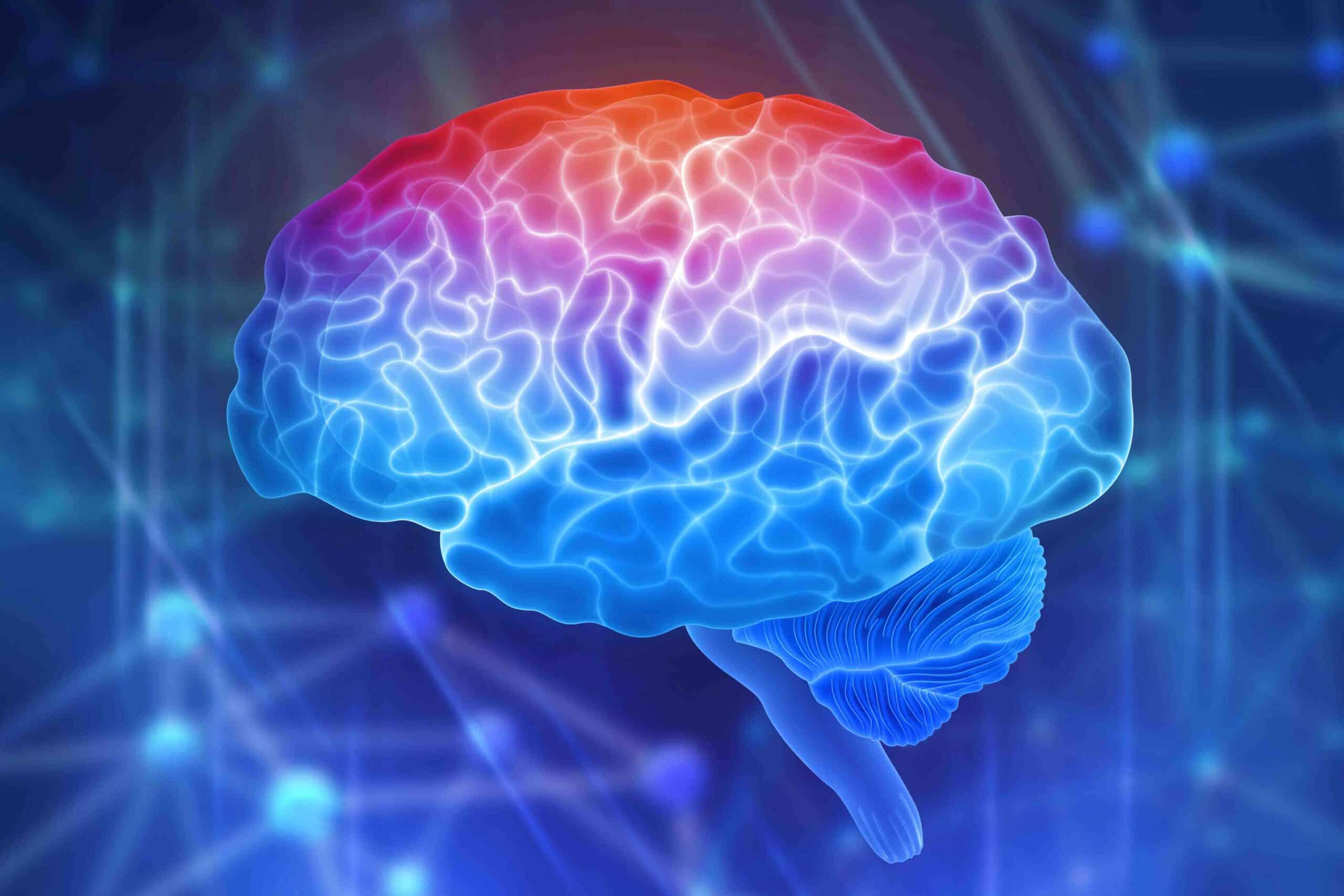Scientists have shown a pathological link between chronic inflammation and heart disease, cancer and even depression. Now, several large studies have shown an association between chronic inflammation and the risk of developing Alzheimer’s disease.
There are two types of inflammation: acute and chronic. Acute, short-term inflammation is a normal, healthy process within the body that helps protect us from infection, pathogens, and pollutants, and accelerates healing. The inflammatory response involves immune cells and blood vessels that work along with special molecules to eliminate damaged tissue and support the production of healthy new tissue.
Think of the inflammation you’ve had around a cut on your finger. The affected area becomes red, swollen, and painful, and the surrounding area may become stiff. After the critical work of inflammation is done, other special molecules are released to shut it down and return the body to its normal healthy state.
Problems arise when, instead of being acute and short-term, inflammation is low-grade and chronic, meaning it persists beyond the need to heal an injury or to fight a pathogen. In this case, instead of being restorative, inflammation is injurious and can damage healthy cells, tissues, and organs and encourage various diseases.
With aging, greater inflammation is seen in the body and brain. This has been dubbed inflammaging, and biomarkers found in blood that are the signature of such inflammation are accurate predictors of impending health problems. In our day-to-day lives, however, we may be unaware of our chronic, low-grade inflammation because it produces no obvious signs of its presence. Nevertheless, we should work to avoid it. Here’s how.
1. Eat more plants. Perhaps the most important strategy for preventing inflammation is the foods we eat. A diet that is full of dark leafy greens, such as spinach, kale, and collards, and brightly colored fruits (especially berries) and vegetables, as well as nuts like walnuts and almonds, is associated with lower levels of inflammation, partly because eating these foods helps to maintain diversity of bacteria in the gut where inflammation can begin. They also contain a variety of anti-inflammatory constituents, including phenolics, flavonoids, and carotenoids. Conversely, steaks, burgers, fried foods, soft drinks and other sugary beverages, margarine, and white bread are foods that lack these protective substances and tend to promote inflammation. A study of two thousand participants found that those who ate the most of these pro-inflammatory foods had smaller brains, less gray matter, and showed evidence of having suffered imperceptible ministrokes.[1] One of the hallmarks of Alzheimer’s disease is a brain that is shrinking at an accelerated rate, and strokes are a risk factor for cognitive decline and dementia.
2. Maintain a healthy weight. We know that levels of inflammation increase as excess body weight increases, because the visceral fat that accumulates around internal organs produces inflammatory compounds.[2] As excess weight is lost, blood markers of inflammation invariably drop.
3. Skip alcohol and tobacco. Alcoholic beverages increase levels of inflammation, first in the gut and then systemically. Alcohol use is associated specifically with neuroinflammation in the brain.[3] Smoking triggers an inflammatory response in the blood.[4] There are numerous additional benefits to eliminating both alcohol and tobacco.
4. Get enough sleep. There is also evidence that insufficient sleep results in a rise in blood markers for inflammation.[5] This may be because the normal reduction in blood pressure that occurs in our sleep has been hampered. As a result, cells in our blood vessels that can initiate inflammation may be activated. According to the American Sleep Association, 30 to 40 percent of Americans experience one or more episodes of insomnia annually, and up to 70 million Americans are affected by a sleep disorder. For help addressing sleep deficits and sleep quality, visit sleepfoundation.org
5. Take a walk. At least ten large studies have shown a lasting anti-inflammatory effect from regular, moderate-intensity exercise.[6] A study from the UC San Diego School of Medicine found that just 20 minutes of moderate-intensity exercise resulted in an anti-inflammatory response in subjects.[7]
Chronic inflammation poses a serious risk to health and may significantly increase our risk of experiencing cognitive decline and developing Alzheimer’s dementia. But by making a few key lifestyle choices, we can help keep it under control.
Joseph Keon is an investigative writer in the field of preventive medicine. He holds fitness expert certifications from both the Cooper Institute for Aerobics Research and the American Council on Exercise. In his work as a wellness consultant for over 20 years, Keon focused on chronic degenerative diseases and their relationship to modifiable lifestyle choices. He is a past member of the Board of Directors of the Wild Oats Wellness Foundation and Dr. Helen Caldicott’s Nuclear Policy Research Institute as well as the Marin Health Council, an advisory to the Marin County Board of Supervisors. Keon is currently a member of the American College of Lifestyle Medicine. Keon is the author of The Alzheimer’s Revolution as well as three other books including Whitewash: The Disturbing Truth about Cow’s Milk and Your Health.
- Melo Van Lent D., et al., “Higher Dietary Inflammatory Index scores are associated with brain MRI markers of brain aging: Results from the Framingham Heart Study Offspring cohort,” Alzheimer’s Dementia 19 (2023):621-631. doi: 10.1002/alz.12685. Epub 2022 May 6. PMID: 35522830; PMCID: PMC9637238.
- Ellulu, M.S., et al., “Obesity and inflammation: the linking mechanism and the complications,” Archives of Medical Science 13 (2017):851-863. doi: 10.5114/aoms.2016.58928. Epub 2016 Mar 31. PMID: 28721154; PMCID: PMC5507106.
- Lowe, P.P., et al., “Chronic alcohol-induced neuroinflammation involves CCR2/5-dependent peripheral macrophage infiltration and microglia alterations,” Journal of Neuroinflammation 296 (2020). https://doi.org/10.1186/s12974-020-01972-5
- Smoking and Inflammation. PLoS Med 2 (2005):e198. doi: 10.1371/journal.pmed.0020198. Epub 2005 Jun 28. PMCID: PMC1160597.
- Irwin, M.R., et al., “Insomnia and inflammation: a two hit model of depression risk and prevention.,” World Psychiatry 17 (2018):359-361. doi: 10.1002/wps.20556. PMID: 30229570; PMCID: PMC6127743.
- Stoyan, et al., “Inflammation and exercise: Inhibition of monocytic intracellular TNF production by acute exercise via β 2 -adrenergic activation,” Brain, Behavior, and Immunity 61 (2017):60-68.
- Ibid.




